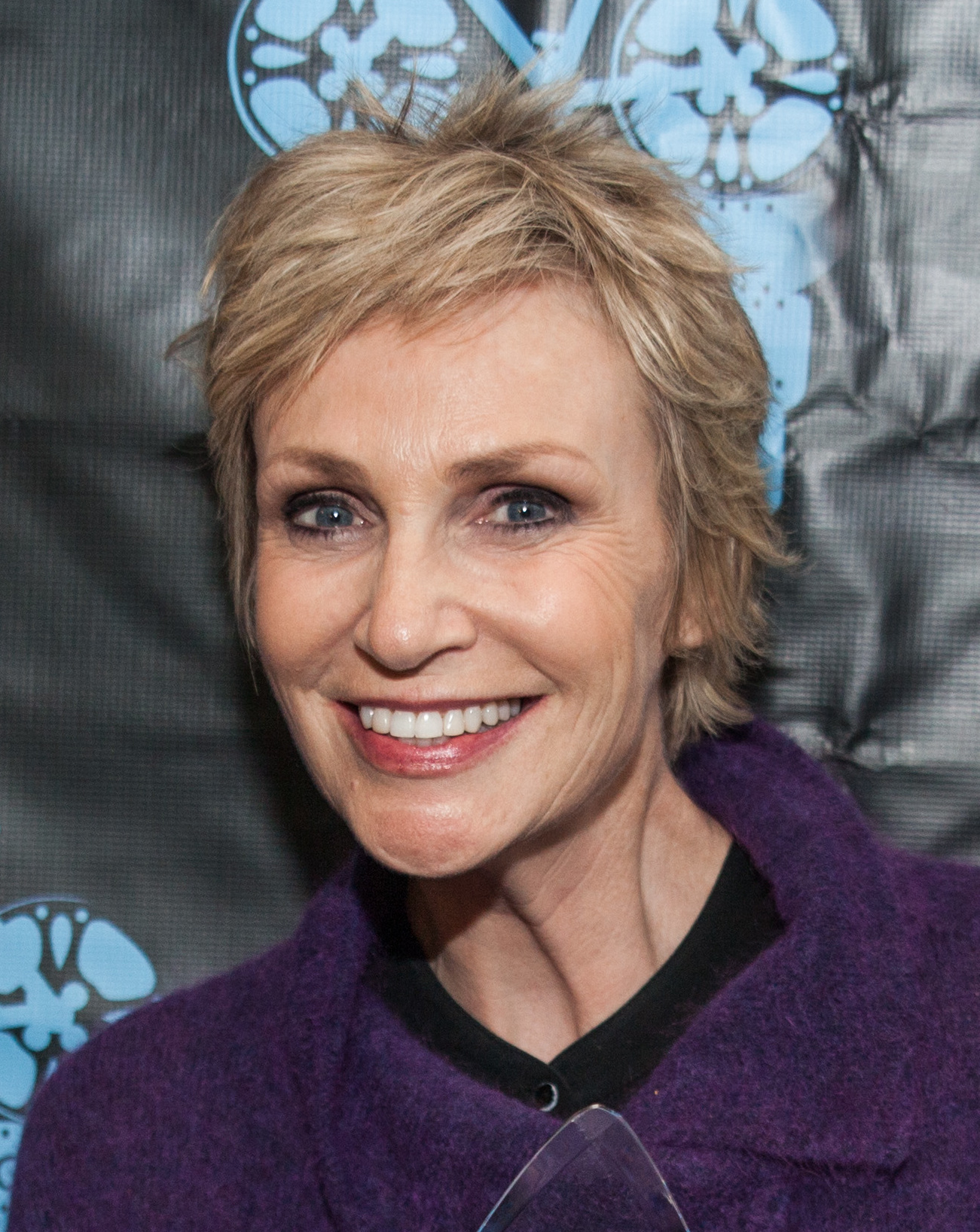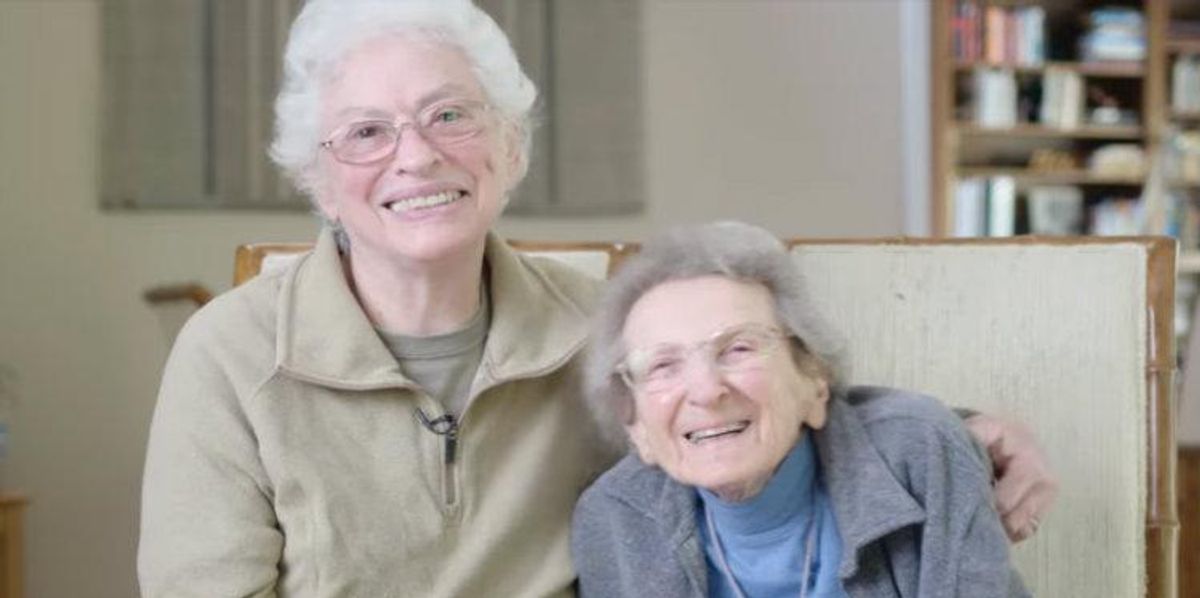Coming-out means various things to different individuals.
Donna Sue Johnson self-identifies as a “big dark stunning bohemian Buddhist butch.” She began developing as a lesbian to by herself when she ended up being a lieutenant floating around energy in 1980. “which can be type of precarious, especially in those days, since there were countless witch hunts when you look at the service, wanting to get rid of the LGBTQ crowd and dishonorably release all of them,” she says to GO.

Nonetheless it ended up being the San Francisco Pride parade in 1980 that conserved Johnson and offered the girl the resounding affirmation she required so she could stay her correct, real existence.
Developing had been a second of empowerment for Johnsonâbut she acknowledges the challenges numerous LGBTQ individuals face if they come out with their society, household, therefore the globe as a whole. While the woman household had a preliminary reaction of frustration, it was short-term.
National Coming Day, coined by queer activists Robert Eichberg, his lover William Gamble, and Jean O’Learyâhas visited shift through the years. It began as a confident energy to encourage LGBTQ individuals to turn out and invite everyone observe queer life and digest stereotypes and fears about LGBTQ folks. As recognition and threshold for LGBTQ individuals have expanded, the experience of developing has morphed into something many folks believe obliged doing, or would like to do, to have a legitimate queer knowledge. Because straightness and cis-ness are nevertheless believed until we declare to friends and family our very own facts, there is certainly a feeling of necessity around coming-out.
https://www.lesbiemates.com/senior-dating.html
GO desired to relate to
years past and present about what it indicates in the future call at some sort of perhaps not built for the safety of LGBTQ individuals.
Really does coming out provide us with more independence to prosper? Or is it some thing we believe pressured accomplish by residing in a cis-heteronormative society? Or is it these two circumstances at one time?
Donna Sue Johnson
At 62 yrs . old, Johnson however thinks that being released is a vital procedure for LGBTQ men and women, but marvels which exactly its for. Queer and trans everyone is sometimes built to feel like they want to turn out because they’re automatically “othered” residing a cis-heteronormative globe. While many queer and trans folks who “pass” as directly or cisgender face the ceaseless annoyance of coming out feeling appropriate inside their identity, others who might not have this moving privilege tend to be outed without their own permission by perhaps not complying as to the this cis-heteronormative globe needs from gender demonstration.

“Normal is an environment on a washing equipment. What is really normal? Do you know what after all? But i really do feel that it is critical to come out,” Johnson tells GO.
The idea of coming out as LGBTQ, initially, was not about creating an announcement about sexuality or gender identity for right or cisgender men and women. It had been really exactly about coming-out
into gay society
. Which Joyce Banks, a 74-year-old lesbian, confirms whenever informing the storyline of developing in 1961. “i am a World conflict II child. You merely failed to appear and parade yourself,” she says to GO. “You remained for the wardrobe until such time you had gotten with people just who felt exactly the same way you did.”
Joyce Banks
Picture by Cathy Renna
Banking institutions recalls gatherings at a few of the basic gay pubs in NYC in older times: the way they’d get raided by authorities, as well as how gents and ladies must be wearing no less than three components of clothing connected to their assigned intercourse, or else they would be arrested, or worse. Banks likened coming-out within the sixties to playing poker, claiming, “You don’t program all of your current hand, you only show a few of it before you understand how some one perceives you.” Even though she thinks the worst is over, as LGBTQ men and women do not have to hide the shadows as much anymore, absolutely usually however the necessity to conceal half your cards regarding security and concern about non-acceptance.
Just what a lot of LGBTQ individuals desire is actually another in which they do not must appear or feel pressured ahead on. Although it used to be a very individual and community-based procedure for Banking institutions into the ’60s, the context was grounded during the proven fact that it actually was extremely dangerous are in community whenever she was a teen.
Today, Generation Z LGBTQ People in america speak about experiencing pressured to come out over be seen as valid, throughout and beyond LGBTQ spaces.
Sabrina Vicente, a 22-year-old pansexual nonbinary femme, tells GO that when they arrived on the scene in 2006, they felt pressured to inform their loved ones whom reacted by stating their unique bisexuality ended up being a phase. “LGBTQ people have been around considering that the start of the time and mustn’t have ahead around, or feel pressured ahead aside, unless they would like to,” Vicente states.
Sabrina Vicente
Pic by Katherine Fernandez Photography
Vicente feels that transferring beyond the story of coming-out will probably simply take “advocating for LGBTQ friendly intercourse knowledge everywhere and achieving a constant representation of marginalized LGBTQ people.” In my opinion, transferring beyond the need to turn out as LGBTQ is not really up to queer and trans folks. We truly need non-LGBTQ individuals to keep working harder at decentering heteronormativity. Undoing the need to emerge will need maybe not making the assumption that everyone is direct and cisgender until they reveal normally. It does take not gendering men and women according to their unique external expression and actually checking in with pronouns for everyone you meet. It does take using gender-neutral terms like spouse or mate in conversations, in place of just assuming new coworker resting near to you has actually a husband and not a wife.
Sam Manzella, a 22-year-old bisexual queer girl, reminded GO that coming outâas it appears within our tradition appropriate nowâisn’t a one-and-done process. “It really is a continuous thing: we come-out in new social options, work situations, friend groups, occasionally clearly or perhaps in a lot more subtle methods.” Being released isn’t usually a huge statement, sometimes it’s turning up to work expressing your own gender in a way that feels affirming, rather than dressing in standard “women’s” or “men’s” clothing which expected people. Or perhaps casually saying “my gf” in discussion with a new pal out during the bar one night. We come out in so many different methods and quite often these processes are not for or just around ourselvesâbut all of our straight alternatives.
Sam Manzella
Pic by Natalya Jean
While Sam doesn’t determine if the necessity to turn out will ever dissipate while living in some sort of where cis-heteronormativity will be the implicit standard, she did desire LGBTQ young people to consider this: “tags are perfect and hold great power. But it is okay to question the sexuality or sex identification or even not need best word for just what you are experiencing. It is okay not to have a grandiose âcoming out’ second. Additionally, it is okay to change the manner in which you identify after a while. Eventually, we have to believe that all of our journeys are all of our trips to establish, while the journeys of different LGBTQ people are in their arms.”
Pippa Lilias, who is 16-years-old and determines as pansexual, expectations to reside observe everyday when queer folks do not have to come out and “the common decency of maybe not wanting [an] description of sexual expression [is] prolonged to queer folks.” After transitioning from public-school to homeschooling, Pippa found it more straightforward to embrace the woman sexuality without having the existence of bullying from her peers. While advertisments enjoy it improves have an effect, the reality is many LGBTQ youth in the us continue to be dealing with separation, intimidation, familial punishment, and struggling with recognition.
Pippa Lilias
Dayna Troisi, man controlling editor at GO, feels that being released is actually empowering and essential. “I believe like a grandma when I say this, but there is this sense of entitlement when you look at the more youthful generations claiming they shouldnot have ahead
Dayna Troisi
Everyone I spoke to because of this piece had a different being released knowledge of different generations, but the one thing continues to be genuine: all of them firmly trust the importance of being released and want that it could possibly be a procedure that’s simply accomplished for the empowerment of the individual using pride within identification.
When I questioned Johnson if she had any finally ideas to fairly share beside me on-coming down, she stated she desired all LGBTQ folks who are feeling isolated and alone right now to know that you’ll find people that like both you and know exactly what you’re going right through. There is a vintage LGBTQ colloquial phraseâpeople used to ask, “will you be family members?” Johnson stated it’s code for A
re you certainly all of us? Could you be LGBTQ?
Because after the day, LGBTQ everyone is linked. We’re household.

